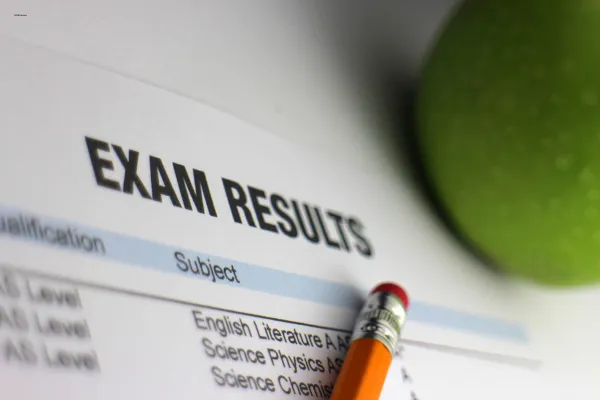
B12- How to Use GCSE Mocks to Improve Final Exam Results
Introduction
GCSE mock exams can feel like just another set of tests, but they are actually one of the best tools for improving final exam performance. Many students dismiss mock results or feel discouraged by low scores, but with the right approach, mocks can be a powerful learning experience.
The key is to use mock exam results wisely—analyzing mistakes, refining revision strategies, and improving exam technique. In this guide, we’ll explore how to turn mock exams into a roadmap for GCSE success.
Why GCSE Mocks Matter
Many students think mocks don’t count, but they actually play a huge role in final GCSE results by helping students:
✔️ Identify strengths and weaknesses – Knowing which topics need work saves revision time.
✔️ Improve time management – Practicing under exam conditions builds confidence.
✔️ Refine exam techniques – Learning from past mistakes boosts grades.
✔️ Reduce stress before real exams – Mocks prepare students for the exam environment.
✅ Parent Tip: Encourage your child to see mocks as practice opportunities rather than just a “test” that reflects their ability.
Step 1: Analyze Mock Exam Results Properly
Many students get their mock results, feel disappointed, and move on—but the real value comes from analyzing mistakes and using feedback effectively.
How to Review Mock Results Effectively
📌 Step 1: Identify Weak Areas – Look at the breakdown of marks to see which topics were the weakest.
📌 Step 2: Find Patterns in Mistakes – Are errors coming from lack of knowledge, misunderstanding the question, or running out of time?
📌 Step 3: Check the Mark Scheme – Understanding how marks are awarded helps improve future answers.
✅ Parent Tip: Sit with your child and go through their mock papers together—discuss why marks were lost and how they can improve.
Step 2: Create a Targeted Revision Plan
Instead of revising everything, focus on weak topics first.
✅ How to Do It:
✔️ List the weakest topics from each subject.
✔️ Set specific mini-goals (e.g., “Revise Pythagoras' theorem” instead of “Revise Maths”).
✔️ Prioritize past paper questions in weak areas.
📌 Example: If your child lost marks in GCSE Science equations, spend extra time memorizing formulas and practicing application questions.
✅ Parent Tip: Help your child create a revision timetable that balances weak areas with subjects they already do well in.
Step 3: Improve Exam Technique
Many students lose marks not because they don’t know the content, but because of poor exam technique.
Common Exam Mistakes & How to Fix Them
❌ Not answering the full question → ✅ Underline key words in the question to stay focused.
❌ Running out of time → ✅ Practice past papers under timed conditions.
❌ Not showing working in Maths & Science → ✅ Always write out steps for method marks.
❌ Weak analysis in English & History → ✅ Use PEEL (Point, Evidence, Explain, Link) structure.
📌 Example: In GCSE English, students often lose marks on analysis—encourage them to explain the effect of a quote, not just identify it.
✅ Parent Tip: If your child struggles with timing, have them complete past paper questions with a timer to improve speed.
Step 4: Use Mock Exams to Reduce Stress & Boost Confidence
Mocks help students feel more prepared for the final GCSE exams, reducing panic and last-minute cramming.
How to Use Mocks to Build Confidence
✅ Celebrate progress – Even small improvements from mock to final exams matter.
✅ Focus on effort, not just grades – Hard work leads to better results.
✅ Visualize success – Encourage positive thinking before exams.
📌 Example: If your child improves by 5% in a subject, that’s proof their revision is working! Encourage them to keep going.
✅ Parent Tip: Remind your child that mock grades are NOT final grades—they are a stepping stone to improvement.
Final Thoughts: Turn GCSE Mocks into a Success Strategy
Mock exams are one of the best ways to fine-tune revision, improve exam skills, and build confidence before the real GCSEs. Encourage your child to analyze their results, fix weaknesses, and practice smartly—small improvements now can lead to huge success in the final exams!
🌟 My Previous Blog Post: The Importance of Sleep, Nutrition, and Exercise for GCSE Performance
🌟 Next Blog Post: What to Do If Your Child Is Falling Behind – Catch-Up Strategies
📩 Sign Up for Our Newsletter to receive weekly GCSE revision tips, expert advice, and exam preparation strategies straight to your inbox!
Does your Year 10 or Year 11 child need support with their GCSE exam revision in maths, science or English revision? Contact us at the academy on 07723 177 706 or email [email protected]
